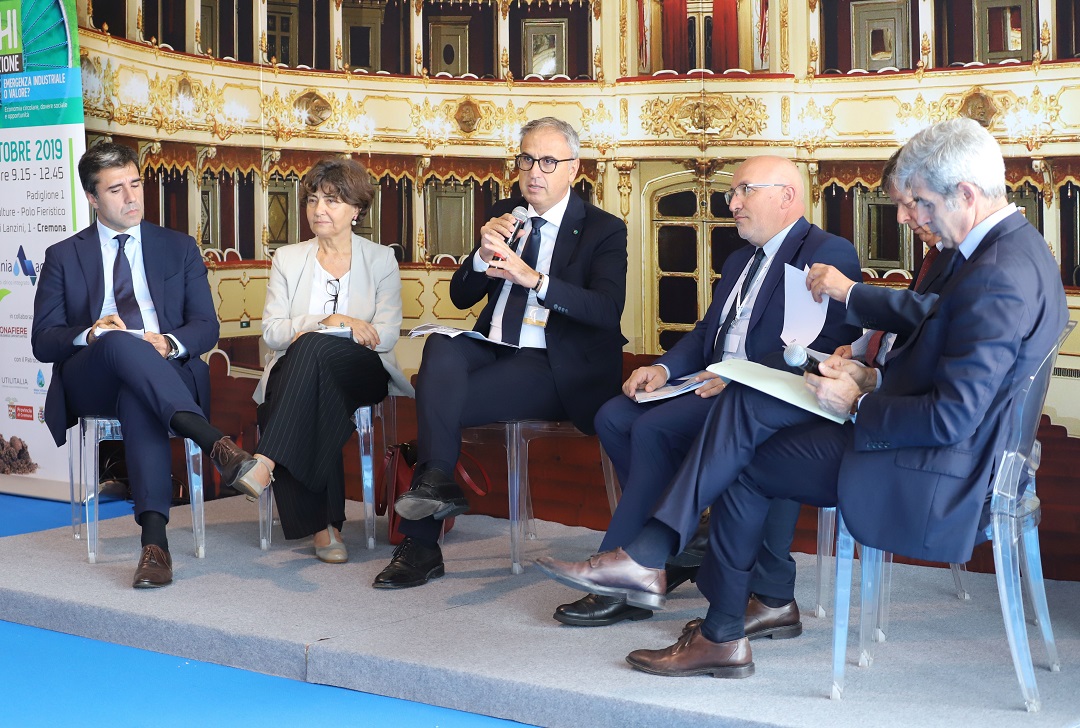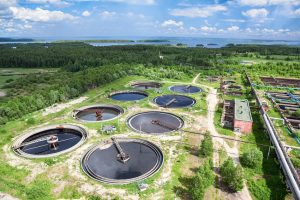In a world that is increasingly attentive to the environment and the health of the citizen, it is of crucial importance to tackle the problem of sewage sludge under a wider perspective. It is not enough just to solve the problem, but also, and perhaps above all, to look ahead to innovate.The right technologies are emerging, it’s up to us to use them intelligently and have the courage to dare. This is the provocation that accompanied the round table moderated by Marco Bencivenga, director of “La provincia di Cremona”, during the first day of work of Watec 2019.Called to intervene on the thorniest aspects that accompany the issue, five experts of the sector have offered interesting hints that let us understand how we are moving in the right direction.According to Paolo Giacomelli, Deputy General Manager of Utilitalia, the important thing is to aim towards a real coordination between the operators in the waste sector and the water service, supporting this process with a national strategy, which does not concentrate responsibilities on the single region, but has a over-territorial approach with a national character. A not minor issue also for Andrea Lanuzza, technical director of the Cap Group, given the lack of uniformity in the Italian approach. However, a change of mentality is necessary, increasing skills, disclosure and information to get out of the belief that sludge is just a problem. Word of Viviane Iacone, of the Lombardy Region.“Talking about it, discussing it, sharing solutions and strategies is already a value – intervenes Alessandro Lanfranchi, CEO of Padania Acque – a positive way of swearing at national and European level. New technologies are there and represent a great opportunity. We must not only solve this issue, but study it to innovate, to look ahead, without forgetting that we must be quick in our choices to implement concrete and economically sustainable solutions “.”A real aspect, that of timeliness – commented Claudio Sanna, Managing Director of LGH – given that the average time to move from the concept to the project is 36 months, too many to have a concrete impact in the life of the communities.”
On one point, all the experts present at the round table that closed the day promoted by CremonaFiere and Padania Acque agree: to innovate, important financial resources are needed. But we must not be afraid of investing, because environmental responsibility has even greater costs, if we arrive at an emergency, while if we plan to carry out gradual and continuous interventions, we can have better efficiency and, above all, put less on users at the end of the chain .
The key points to be successful? “Having a system approach – concludes Stefano Ottolini director of Padania Acque – because there is no more time to waste and it is no longer possible to disperse economically significant resources like sewage sludge could become”.



